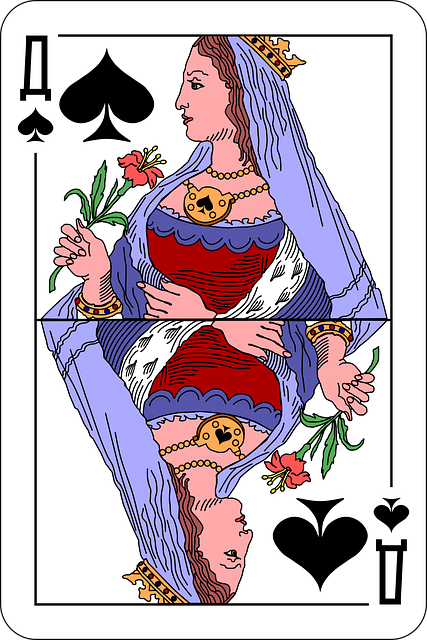The European Union (EU) maintains harmonized gambling regulations through directives like the Remote Gaming Directive (2005/29/EC), prioritizing consumer protection and balancing interests among operators, players, and public welfare. Top EU countries for online gambling, such as the United Kingdom and Malta, have stringent licensing frameworks featuring robust anti-money laundering rules, responsible gambling initiatives, and comprehensive consumer protection measures. When choosing an online gambling site within the EU, check for valid licenses from reputable gaming authorities, ensure fair play and transparent dispute resolution, look for secure connections (HTTPS), and consult clear privacy policies to safeguard your data and transactions, adhering to stringent EU Gambling Laws.
“Gambling has evolved significantly in the European Union (EU), driven by the harmonization of gambling laws across member states. This comprehensive guide delves into the intricate web of Gambling Laws EU, offering a detailed look at how regulations vary across top EU countries. From understanding the regulatory frameworks to identifying key considerations for choosing legitimate gambling sites, this article equips readers with essential knowledge to navigate the EU’s online gambling landscape confidently.”
- Understanding Gambling Regulations within the EU: A Comprehensive Overview
- Top EU Countries for Online Gambling and Their Licensing Frameworks
- Key Considerations for Choosing a Legit Gambling Site under EU Law
Understanding Gambling Regulations within the EU: A Comprehensive Overview

Gambling regulations within the European Union (EU) are harmonized through a series of directives and regulations, ensuring consistency and consumer protection across member states. The EU’s approach to gambling laws is comprehensive, aiming to balance the interests of operators, players, and public welfare. Key regulations, such as the Remote Gaming Directive (2005/29/EC), set out minimum standards for licensing, operating, and supervising online gambling services. These standards cover areas like player protection, fair gaming practices, and responsible gambling measures.
The implementation of these laws varies among EU countries, leading to differences in licensing requirements, tax structures, and enforcement mechanisms. However, all member states are obligated to ensure that gambling activities within their jurisdictions adhere to the EU’s core principles of consumer protection, transparency, and fairness. This comprehensive framework not only protects European gamblers but also fosters a regulated environment for operators, promoting safe and sustainable gaming practices across the continent.
Top EU Countries for Online Gambling and Their Licensing Frameworks

When it comes to the top EU countries for online gambling, several nations have established robust licensing frameworks that attract global operators and ensure fair play. The United Kingdom, for instance, is a leading jurisdiction known for its stringent Gambling Commission regulations, which cover a wide range of online gaming activities. This comprehensive framework includes robust player protection measures, responsible gambling initiatives, and strict rules against money laundering, making the UK an attractive destination for both players and operators alike.
Another notable player in the EU gambling landscape is Malta. The Maltese Gaming Authority (MGA) has gained international recognition for its transparent and effective licensing system. Malta offers a favorable business environment with straightforward application processes, enabling operators to quickly establish their presence across European markets. Additionally, the MGA’s commitment to consumer protection and innovation makes it a preferred choice for online gambling platforms seeking a reputable EU-based license.
Key Considerations for Choosing a Legit Gambling Site under EU Law

When selecting an online gambling site within the European Union (EU), it’s paramount to consider several key factors, especially given the stringent Gambling Laws EU member states adhere to. Firstly, ensure the site holds a valid and current license from a reputable gaming authority in your country of residence; this is non-negotiable for any legit gambling site. These licensing bodies rigorously monitor sites to maintain fair play, protect consumers, and prevent illegal activities.
Additionally, check for transparent reporting on payment processing, security measures, and dispute resolution mechanisms. Reputable gambling sites will prominently display these details, assuring players of their commitment to ethical practices. Look out for secure connections indicated by HTTPS in the URL, and always verify the site’s privacy policy to understand how your data is handled.
When navigating the world of online gambling within the EU, it’s essential to understand the intricate web of Gambling Laws EU. This article has provided a comprehensive overview of the regulatory landscape, highlighting top EU countries and their licensing frameworks. By considering key factors like licensing, security, and fair play, users can make informed decisions when choosing a legitimate gambling site that adheres to EU standards. Staying informed about these regulations ensures a safe and enjoyable gaming experience.






